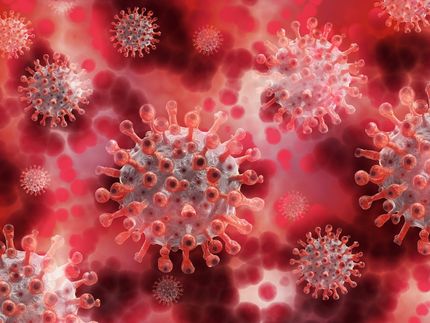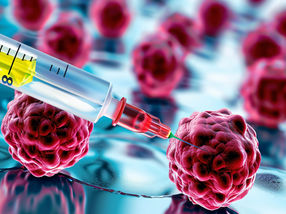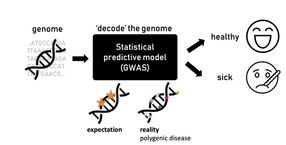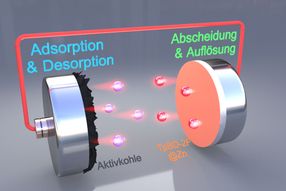Simple Test to Detect Fake Medicines
The fight against fake medicines could soon be aided by a small, portable device that quickly measures the hardness of a tablet, revealing whether it is counterfeit, according to research presented at the British Pharmaceutical Conference (BPC) in Manchester.
The study tested a series of dummy paracetamol tablets made with varying degrees of real medicine, versus lactose (an ingredient used by counterfeiters to replace the active drug). Tests showed that the fake tablets were harder than the tablet with the correct amount of paracetamol, and were more difficult to crush. Counterfeit medicines often look identical to the genuine product, but can contain substances like flour or cement and very little active ingredient - which can have a devastating impact on the people who take them.
Tests already exist that can identify counterfeit products, but these must be carried out in a laboratory by highly trained personnel. The new test can be done anywhere, using the easy-to-use hand-held hardness tester, which is currently used in the quality control of legitimate drug manufacturing. Potentially, the test could help officials easily identify illegally imported counterfeit medicines.
The project was a joint effort by Kingston University lead pharmacy researcher Dr Reem Kayyali and DrTahir Nazir, Pharmaceutical Scientist, Serentis Ltd, UK. Dr Kayyali said: "Hardness and resistance to crushing provided an accurate way of detecting fake medicine, even with small differences in active ingredients."
Most read news
Other news from the department research and development

Get the life science industry in your inbox
From now on, don't miss a thing: Our newsletter for biotechnology, pharma and life sciences brings you up to date every Tuesday and Thursday. The latest industry news, product highlights and innovations - compact and easy to understand in your inbox. Researched by us so you don't have to.






















































